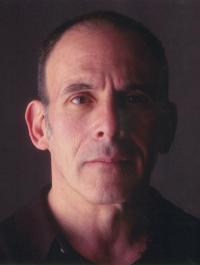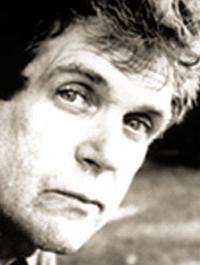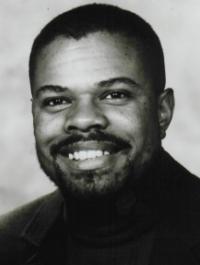The pond is like a mackerel skin tonight,
the mackerel like a beaded evening bag.
This is like that, that is like this, oh,
let's call the whole thing off and take it straight:
nothing is like anything else.
Even the parrot and the apish ape
mirror, mimic and do like — unmatched.
To begin: algae, abalone, alewife —
each the spitting image of itself.
Likewise beetles (potato, scarab and whirligig.)
Nothing even comes close to barrel cactus,
nothing is more original than a bog,
more rare than the cougar and crane —
save all the above named.
I've never seen anything like it — dustbowls,
deer, the descent of man and estuaries,
flakes of snow (no two like) fire,
flax, gannets and gulls.
Honeybees and the Hoover Dam
are unique -- there is nothing like a dam.
Ditto inbreeding, ice ages, industrialization,
joshua trees, lagoons and the law
that to liken a lichen is tautological.
Indeed, the rule of diminishing simile holds
that all of these are idiosyncracies:
the Leakeys, legumes, maize, marsupials and moose.
Virtually nothing is extraneous here —
not orchids, ooze, pampas nor peat.
This is the world of plenitude and power —
every bit of it out of this world:
the rain and rattlers, sperm, swamps and swans.
As now we inch toward an end — vectors
and a winter that figures to be like no other,
say the selfsame earth is to your liking,
and let us continue — yeast, yuccas, zoons,
all things like, beyond compare.





